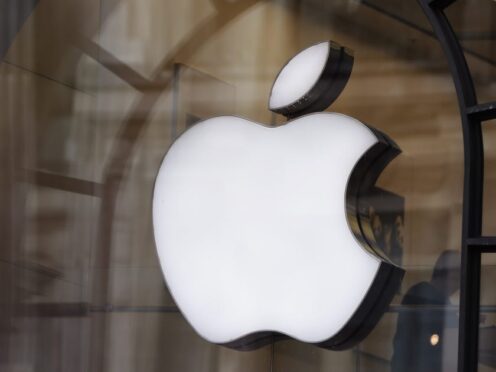
European Union regulators have accused Apple of breaking new rules on digital competition by preventing software developers on its App Store from steering users to other venues.
The European Commission said that according to the preliminary findings of its investigation, the iPhone maker had breached the 27-nation bloc’s Digital Markets Act (DMA).
The Act is a sweeping set of regulations aimed at preventing tech giants from cornering digital markets.
The commission, the bloc’s executive arm, said Apple’s rules for its App Store “prevent app developers from freely steering consumers to alternative channels for offers and content”.
Apple now has a chance to respond to the findings, which the commission will assess. It must make a final decision on Apple’s compliance by March 2025. The company could face fines worth up to 10% of its global revenue, which could amount to billions of euro, or daily penalties.
“Act different” should be their new slogan🍏
For too long @Apple has been squeezing out innovative companies — denying consumers new opportunities & choices.
Today we are taking further steps to ensure AppStore & iOS comply with #DMA pic.twitter.com/e741oV9r9l
— Thierry Breton (@ThierryBreton) June 24, 2024
“We are concerned Apple’s new business model makes it too hard for app developers to operate as alternative marketplaces and reach their end users on iOS,” the European commissioner for competition, Margrethe Vestager, said on social media.
The commission also kept up the pressure on Apple, simultaneously opening a new investigation into the company’s compliance with the DMA looking at new contractual terms that Apple has offered app developers.
Regulators zeroed in on a “core technology fee” of 50 euro cents (42p) that Apple is now charging developers for each time their apps are downloaded and installed from outside Apple’s App Store.
The DMA’s provisions open the way for alternative app stores to give consumers more choice. Rivals had criticised the fee, saying it would deter many existing free apps, which do not pay any fees, from jumping ship.
Apple said over the past several months, it “has made a number of changes to comply with the DMA in response to feedback from developers and the European Commission”.
“We are confident our plan complies with the law, and estimate more than 99% of developers would pay the same or less in fees to Apple under the new business terms we created,” the company said in a statement.
“All developers doing business in the EU on the App Store have the opportunity to utilise the capabilities that we have introduced, including the ability to direct app users to the web to complete purchases at a very competitive rate.”
The company said it will “continue to listen and engage” with the commission.

Enjoy the convenience of having The Sunday Post delivered as a digital ePaper straight to your smartphone, tablet or computer.
Subscribe for only £5.49 a month and enjoy all the benefits of the printed paper as a digital replica.
Subscribe